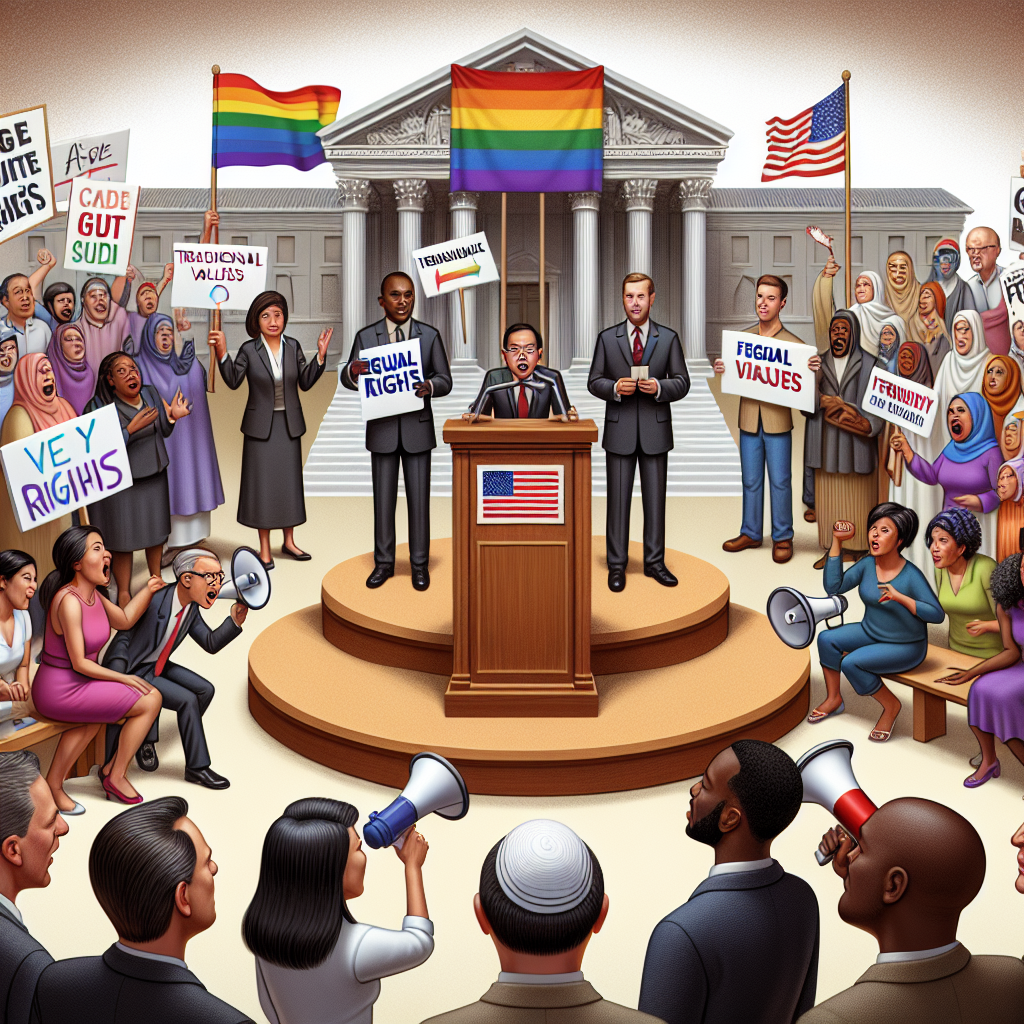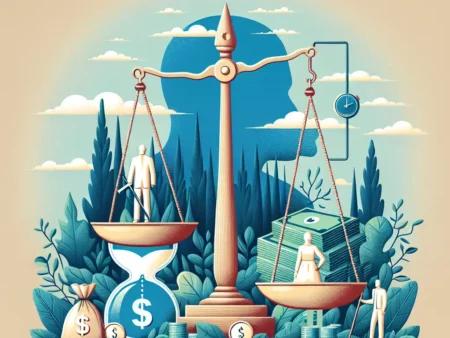Debat Legalitas Perkawinan Sesama Jenis: Perdebatan mengenai apakah perkawinan sesama jenis harus diakui secara hukum.
Debat Legalitas Perkawinan Sesama Jenis
-
Table of Contents
Introduction

Legalizing same-sex marriage has been a topic of debate in many countries around the world, including Indonesia. As a predominantly Muslim country, Indonesia has a complex relationship with LGBTQ+ rights, and the legal status of same-sex marriage remains a contentious issue. This article aims to explore the legal aspects of same-sex marriage in Indonesia, examining the arguments for and against its legalization.
The Current Legal Landscape
In Indonesia, the legal framework surrounding marriage is primarily based on religious laws. The Marriage Law of 1974 defines marriage as a union between a man and a woman, reflecting the prevailing societal and religious norms. This definition has been a significant barrier to the recognition of same-sex marriage in the country.
Furthermore, the Indonesian Constitution does not explicitly protect the rights of LGBTQ+ individuals. This absence of legal protection has allowed discriminatory practices and attitudes to persist, making it challenging for same-sex couples to gain legal recognition for their relationships.
Religious Perspectives
Islam is the dominant religion in Indonesia, and its teachings heavily influence the country’s legal and social norms. Islamic scholars generally consider homosexuality as sinful and incompatible with the teachings of Islam. As a result, many religious leaders and organizations oppose the legalization of same-sex marriage, arguing that it goes against religious principles.
However, it is important to note that not all Muslims hold the same views on homosexuality. Some progressive Muslim scholars argue for a more inclusive interpretation of Islamic teachings, advocating for the recognition of same-sex relationships and the right to marry.
Human Rights and Equality
Advocates for the legalization of same-sex marriage in Indonesia argue that it is a matter of human rights and equality. They believe that denying same-sex couples the right to marry is a form of discrimination and a violation of their fundamental rights.
International human rights standards, such as the Universal Declaration of Human Rights, emphasize the importance of equality and non-discrimination. Proponents of same-sex marriage argue that Indonesia should align its laws with these principles and provide equal rights and protections to all its citizens, regardless of their sexual orientation.
Arguments Against Legalization
Opponents of same-sex marriage in Indonesia present several arguments against its legalization. These arguments often stem from religious, cultural, and traditional beliefs.
Religious and Cultural Beliefs
Many opponents of same-sex marriage argue that it goes against their religious and cultural beliefs. They believe that marriage should only be between a man and a woman, as dictated by their faith and traditions. They fear that legalizing same-sex marriage would undermine the sanctity of marriage and erode traditional family values.
Threat to Social Order
Another argument against the legalization of same-sex marriage is the perceived threat to social order. Opponents argue that recognizing same-sex marriage would lead to moral decay and destabilize society. They believe that it would set a dangerous precedent and open the door to further challenges to traditional norms and values.
The Way Forward
Despite the challenges and opposition, there is a growing movement in Indonesia advocating for LGBTQ+ rights and the recognition of same-sex marriage. Activists, organizations, and individuals are working tirelessly to raise awareness, challenge discriminatory laws, and promote inclusivity.
Legal Reforms
One possible way forward is through legal reforms. Advocates argue for amending the Marriage Law of 1974 to include provisions for same-sex marriage. This would require a significant shift in societal attitudes and political will, but it could pave the way for greater recognition and acceptance of LGBTQ+ rights in Indonesia.
Public Education and Awareness
Another crucial aspect of progress is public education and awareness. Changing societal attitudes towards LGBTQ+ individuals and same-sex relationships requires open dialogue, education, and dispelling misconceptions. By promoting understanding and empathy, it becomes possible to build a more inclusive society that respects the rights and dignity of all its citizens.
Conclusion
The debate surrounding the legal status of same-sex marriage in Indonesia is complex and multifaceted. It involves religious, cultural, and human rights considerations. While the current legal landscape in Indonesia does not provide a favorable environment for the recognition of same-sex marriage, there is hope for progress.
Through legal reforms, public education, and increased awareness, Indonesia can move towards a more inclusive society that respects and protects the rights of all its citizens, regardless of their sexual orientation. It is a journey that requires dialogue, understanding, and a commitment to equality and human rights.
By addressing the concerns and fears of those opposed to same-sex marriage while upholding the principles of equality and non-discrimination, Indonesia can navigate this complex issue and work towards a more just and inclusive future.







